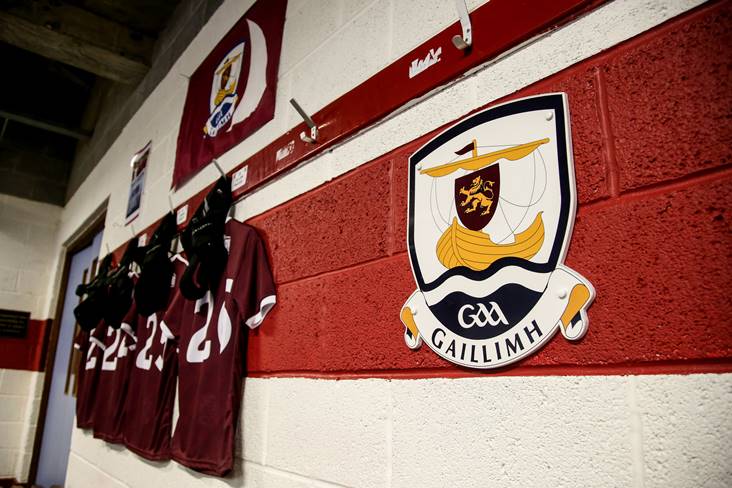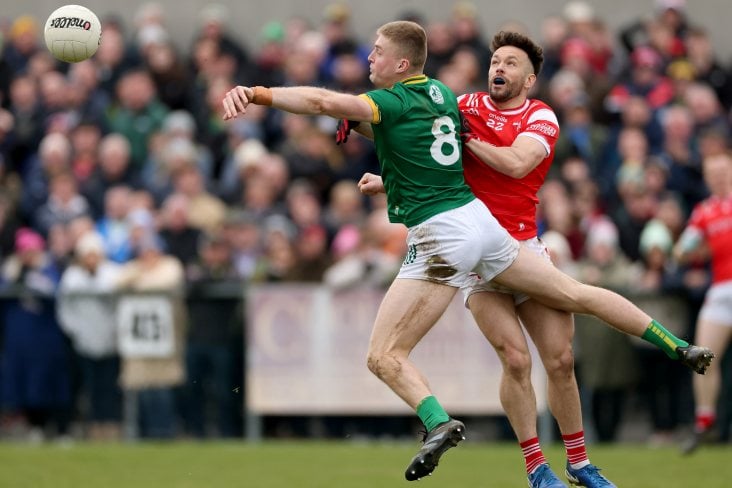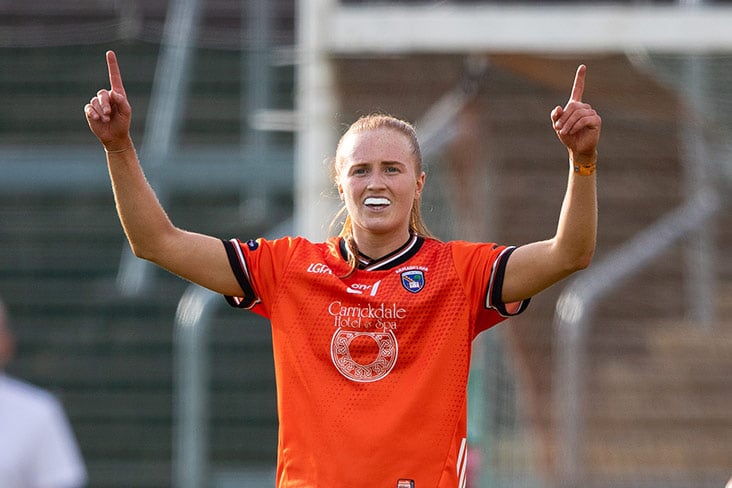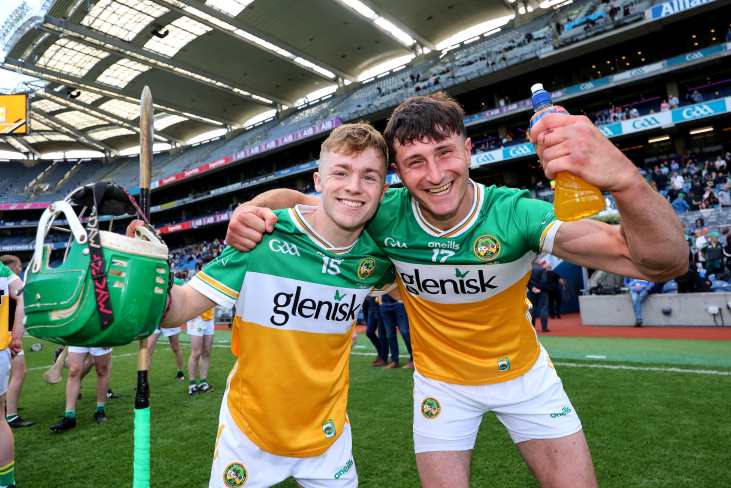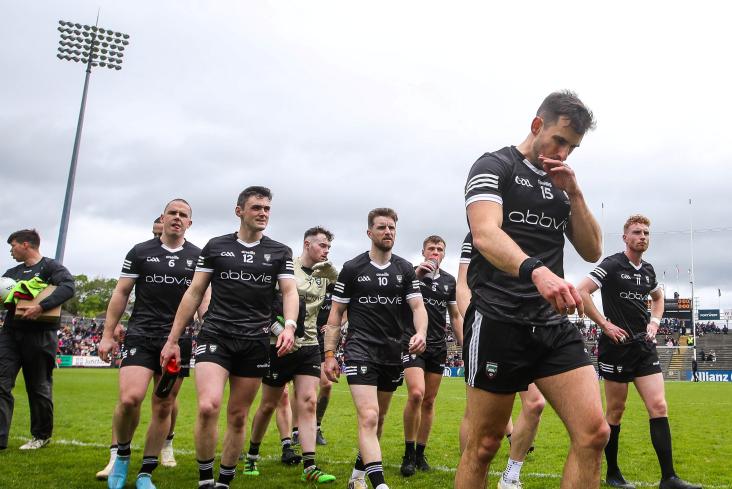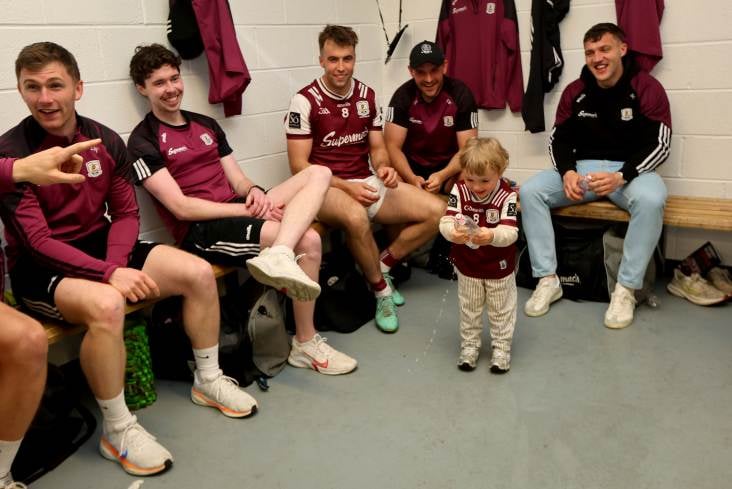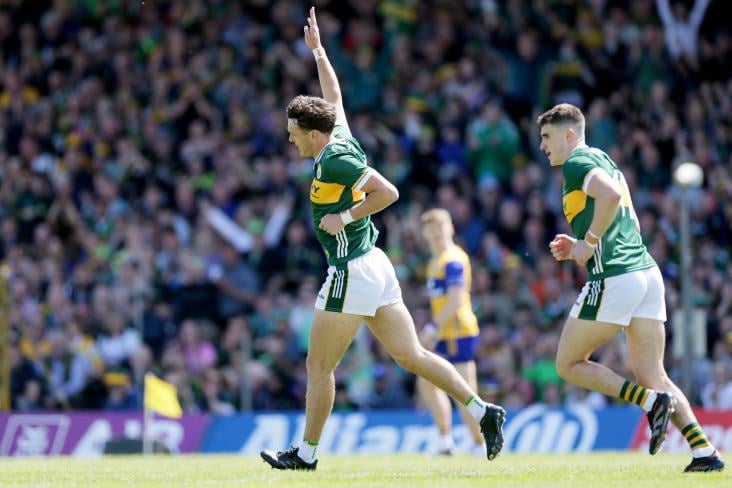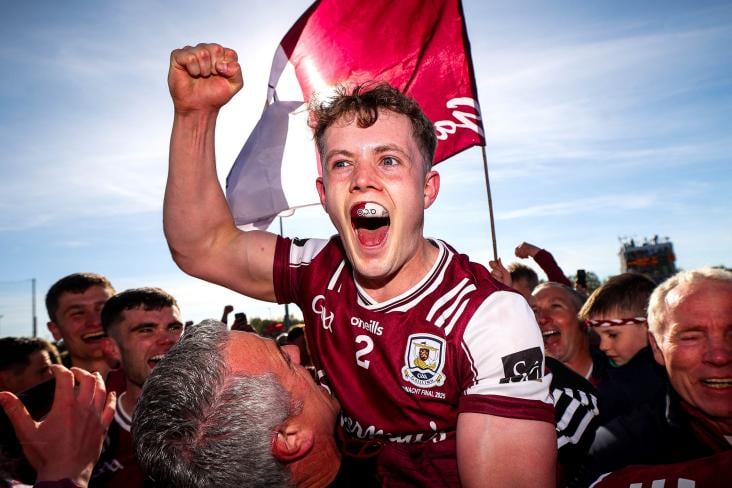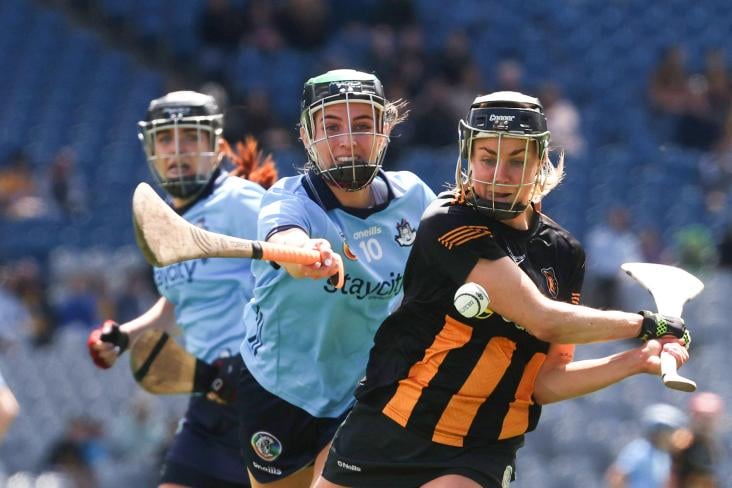Stud master
April 30, 2011In the great fall-out from the downturn, the construction industry was clearly the hardest hit, with building sites downing tools all over Ireland as the credit dried up. There's no doubt that the horse-racing game, with its Galway Tent and its annual raids to Cheltenham, was another sector which felt more than its fair share of the pinch. With ownership syndicates consisting predominantly of self-made men, many of them having turned a small fortune from the property development markets, the ripples of the recession have extended far and wide through the racing industry in Ireland.
The National Hunt was most adversely affected, and while the Flat game, and its natural extension, the breeding industry, did not escape the pain, it has at least enjoyed a certain safety in numbers due to its exposure to the global market. That has certainly been the experience of Eddie O'Leary in Lynn Lodge Stud, a 200-acre expanse of prime land in Killucan, where the business - which has been on the go since the mid-1980s - has been based since 1999.
"It's affected everyone but we're lucky that most of our sales happen to be abroad, to England and France," says Eddie. "The National Hunt game is a domestic market and that's in trouble but luckily enough in the Flat game, it's a world market. Things might not be going well in Ireland but they're going fairly well in Japan and other places, and we get trade from that. Our work would probably be 95 per cent export."
There are two strands to the Lynn Lodge operation, with foals bred at the stud from a string of approximately 30 mares before being sold at the yearling sales in the autumn, while Eddie also purchases yearlings to be sold on at the two-year-old "breeze-up" sales in the spring. As such, there is no real quiet time of year for all at Lynn Lodge, with mares, foals and yearlings constantly requiring the best of care and attention to maintain the upwardly mobile progress of the operation. More than half of Lynn Lodge's stock, which runs to around 50 animals each calendar year, is bred at the stud with the remainder bought in as foals or yearlings.
"It's probably two-thirds bred, one-third bought," says Eddie. "We bring in some yearlings, break them and train them and then sell them in the breeze-ups as two-year-olds in Newmarket, Kempton and St Cloud in France every April and May, but the main job is selling yearlings at the major sales at Goffs, Doncaster in England and Deauville in France every September or October."
The sales ring is a rarefied environment, and Eddie, when he has his purchasing hat on, revels in the task of finding quality in an animal which other observers may have missed. "Any mug can spot the good foal," he says. "The added value is in spotting the foals that will improve into a nice yearling."
And he gets it right more often than he gets it wrong? "Well that's what we try to do," he says with a laugh. "If you can do that you'll be alright but we get it wrong plenty of times too. The way I think of it is, it gives you a good kick when you get it right and a good kick in the ass when you get it wrong! It's a very inexact science but it you get a good-looking horse and he stays sound, then there's a chance that he'll be able to run."
The inexact science which surrounds breeding and bloodlines has taxed sharp minds for centuries. Is that end of things something that Eddie finds himself drawn to?
"I'd be interested in it to a point," he says, "but we have to keep in mind that we're breeding for the sales ring, so we have to get the physical animal right. Of course, bloodlines are very important but to us the physical attributes are very important too. It's great to sell a good horse, but it's nice to sell a good-looking horse and then see him go on to become a good horse."
To that end, it's a major boost to the operation when its progeny goes on to have success on the track, and Lynn Lodge stock has collected some major prizes right around the globe in recent years. Passinetti won the Group 1 San Juan Capistrano at Santa Anita in 2003 and over the following two years Castledale collected two more Group 1 races, the Santa Anita Derby and the Shoemaker Breeders Cup Mile at Hollywood Park.
There has also been plenty of big-race wins for former Lynn Lodge inmates on this side of the Atlantic, with Benbaun fostering a reputation as one of Europe's top sprinters, winning the Group 1 Prix de l'Abbaye at Longchamp and six Group 3 races during an illustrious career with trainer Mark Wallace, while Killybegs, Red Jazz and Hellvelyn are all familiar names to Flat racing aficionados.
There is a modus operandi in Eddie's methods - he breeds for two-year-old speed, he says, with the aim of getting a horse who could be Championship-class over a mile at three years. "If you set out to breed a Derby winner, you can get there but you'll breed an awful lot of slow jumping horses too," he says. "So we look at shorter distances. The commercial distance is a mile. The one race we'd love to breed the winner of is a Guineas, because to us the Guineas - a Classic over one mile - is the real big race. So we try to aim for quick two-year-olds who could have the scope to get a mile at three."
When he's taking a break from the horses, Eddie - the brother of Ryanair and Gigginstown House Stud boss Michael - admits that rugby is his first love. He donned the Mullingar RFC jersey in his own playing days and regularly takes in Leinster and Ireland games as a spectator.
The GAA, though, has also become an integral part of Eddie and Wendy O'Leary's household with their children - girls Megan and Jodie and sons Jack and Ted - growing up as members of Raharney hurling and The Downs football clubs.
And Eddie admits that watching Jack with the Raharney U14 side which lifted the All-Ireland Féile title last year gave him one of his most cherished sporting memories.
"That was a huge thrill," he says. "The Féile was down in Clare, so it was an amazing achievement for a small club in Westmeath to win it, and it was a great thrill for us that Jack was part of it. Hopefully it augurs well for the future for Raharney, and The Downs have a lot to look forward to too." Tweet
